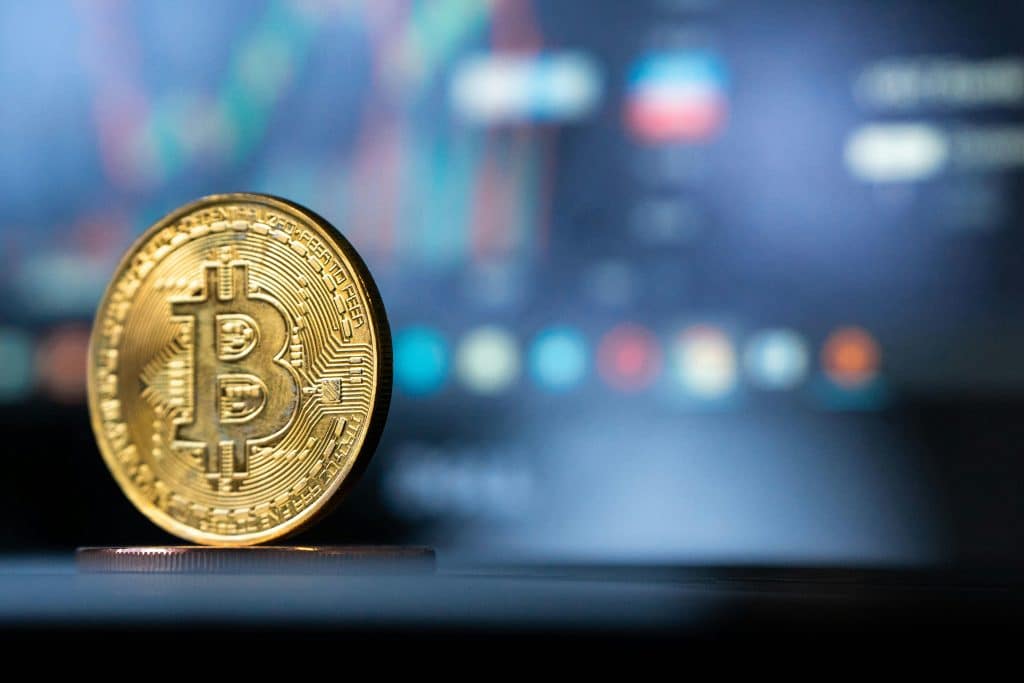Decentralized finance (DeFi) has emerged as a revolutionary force in the financial landscape. By leveraging blockchain technology, DeFi aims to democratize access to financial services, eliminate intermediaries, and create a more transparent and efficient financial system. However, DeFi is still in its nascent stages, and its future remains uncertain. This article delves into the core concepts of DeFi, explores its potential benefits and challenges, and analyzes what lies ahead for this burgeoning innovation.
Understanding DeFi: A Shift in Control
Traditional finance is dominated by centralized institutions like banks and financial advisors. These institutions control access to financial products and services, often with complex regulations and high fees. DeFi, on the other hand, leverages blockchain technology to create a peer-to-peer financial system. This means that transactions occur directly between users without the need for a central authority. Cryptocurrencies and smart contracts, self-executing contracts stored on a blockchain, are the cornerstones of DeFi.
To learn more about smart contracts and their role in DeFi, check out our latest article on Smart Contracts here.
DeFi Applications: A Spectrum of Possibilities
DeFi encompasses various applications that aim to replicate traditional financial services in a decentralized manner. Some prominent examples include:
- Decentralized Exchanges (DEXs): DEXs allow individuals to trade cryptocurrencies directly with each other, eliminating the need for centralized exchanges and their associated fees.
- Yield Farming: This involves lending or staking cryptocurrencies in DeFi protocols to earn interest.
- Decentralized Lending and Borrowing: DeFi platforms enable users to borrow and lend cryptocurrencies without relying on traditional financial institutions.
- Decentralized Insurance (DInsurance): DInsurance provides an alternative to traditional insurance by leveraging smart contracts and a peer-to-peer network.
The potential of DeFi extends beyond replicating existing financial services. It opens doors to innovative financial products and services previously unimaginable in the traditional system. Some exciting possibilities include:
- Fractional Ownership: DeFi allows the fractionalization of real-world assets like real estate or artwork, making them more accessible to investors.
- Prediction Markets: Users can participate in prediction markets on various events, creating a decentralized and transparent forecasting system.
- Decentralized Autonomous Organizations (DAOs): DAOs are internet-native organizations governed by smart contracts and owned by their token holders.
Challenges and Concerns: Navigating the DeFi Landscape
While DeFi holds immense potential, several challenges need to be addressed for widespread adoption. These include:
- Scalability: Many DeFi protocols struggle to handle high transaction volumes, leading to network congestion and high fees.
- Security: DeFi platforms are susceptible to hacking attacks due to their inherent complexity.
- Regulation: The regulatory landscape surrounding DeFi is still evolving, creating uncertainty for businesses and users.
The Future of DeFi: Evolving Beyond the Hype
Despite these challenges, the future of DeFi appears bright. Here are some key trends that will likely shape its development:
- Layer 2 solutions: These solutions aim to improve scalability on existing blockchains, paving the way for faster and cheaper DeFi transactions.
- Improved user experience: DeFi platforms are becoming more user-friendly, attracting a broader spectrum of users.
- Increased institutional adoption: As regulations evolve and the technology matures, more traditional financial institutions are likely to embrace DeFi.
The Road Forward: A New Era for Finance
DeFi is still in its early stages, but it has the potential to revolutionize the financial system. By fostering transparency, inclusivity, and innovation, DeFi can create a more efficient and accessible financial landscape for everyone.
However, it’s important to exercise caution when exploring DeFi. Due diligence is crucial when interacting with DeFi protocols. Additionally, for those seeking an alternative form of entertainment, some platforms allow users to participate in games of chance using cryptocurrencies such as bitcoin casinos that are safe and secure.
For a comprehensive and critical analysis of DeFi, several high-authority websites like CoinMarketCap and Cointelegraph provide valuable insights and resources. As DeFi continues to evolve, staying informed is key to navigating this exciting but complex landscape.
By understanding the potential and challenges of DeFi, we can prepare for the future of finance, a future that is likely to be more decentralized, transparent, and accessible to all.
























 Bitcoin
Bitcoin  Ethereum
Ethereum  Tether
Tether  XRP
XRP  USDC
USDC  Solana
Solana  TRON
TRON  Lido Staked Ether
Lido Staked Ether  Dogecoin
Dogecoin  Figure Heloc
Figure Heloc  Bitcoin Cash
Bitcoin Cash  WhiteBIT Coin
WhiteBIT Coin  Cardano
Cardano  USDS
USDS  Wrapped stETH
Wrapped stETH  LEO Token
LEO Token  Hyperliquid
Hyperliquid  Wrapped Bitcoin
Wrapped Bitcoin  Ethena USDe
Ethena USDe  Binance Bridged USDT (BNB Smart Chain)
Binance Bridged USDT (BNB Smart Chain)  Chainlink
Chainlink  Canton
Canton  Monero
Monero  Stellar
Stellar  Wrapped eETH
Wrapped eETH  USD1
USD1  Zcash
Zcash  Rain
Rain  sUSDS
sUSDS  Hedera
Hedera  Litecoin
Litecoin  Coinbase Wrapped BTC
Coinbase Wrapped BTC  Dai
Dai  PayPal USD
PayPal USD  Avalanche
Avalanche  WETH
WETH  Shiba Inu
Shiba Inu  Sui
Sui  Toncoin
Toncoin  USDT0
USDT0  Cronos
Cronos  World Liberty Financial
World Liberty Financial  MemeCore
MemeCore  Tether Gold
Tether Gold  PAX Gold
PAX Gold  Polkadot
Polkadot  Uniswap
Uniswap  Ethena Staked USDe
Ethena Staked USDe